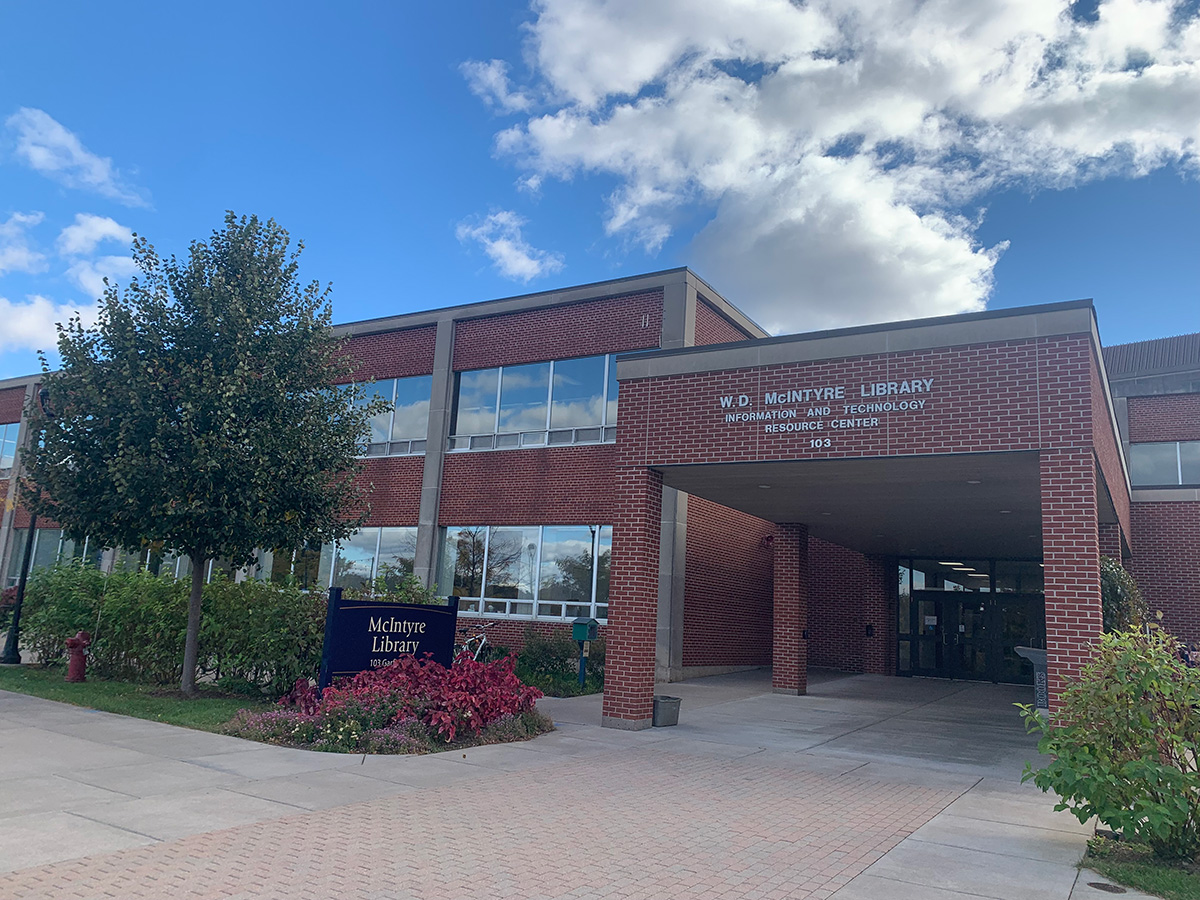 Janie Boschma
Janie BoschmaSophomore Ben Collette said he was just being cautious.
“I saw a story on SportsCenter about how Facebook and its content affect college athletes,” Collette said. As a member of a club sports team at UW-Eau Claire, he said he wanted to ensure nothing on his Facebook page could cost him a roster spot.
Collette said he took two steps to make sure that wouldn’t happen – first, he removed any pictures he viewed as potentially questionable. Second, to better understand his legal rights as a student, he went to student advocate and attorney C. L. Lindsay’s talk entitled “Trouble Online: Campus Computing and the Law” Monday night in Schofield Auditorium.
Lindsay, whose national non-profit organization Coalition for Student and Academic Rights offers free legal advice to students and educators, said college students should think whether their actions online could be considered illegal offline.
“Almost everything online has a real world equivalent,” Lindsay said, illustrating the point with the example of a person stealing a DVD from Best Buy. “If you don’t do it offline, don’t do it online.”
Lindsay covered a variety of topics during his talk, ranging from illegally downloading movies and music online to plagiarism to sexual predators on social network sites. He began by showing pictures taken off Facebook and Myspace featuring people with blurred faces drinking underage and using drugs.
Todd Lindblad, a senior at Memorial High School, said his teacher recommended he come to the speech to learn about his rights as a student before attending college.
“It was a good experience to realize what you could get in trouble for at college,” Lindblad said.
Lindsay, author of the 2005 book “The College Student’s Guide to the Law,” said students need to be more careful about what they do online while at college. University judicial hearings do not conform to formal evidence laws, he said. This means they do not need to prove a crime has been committed beyond a reasonable doubt but instead that one has more than likely occurred.
“Go online, check and make sure friends haven’t posted incriminating pictures (of you),” Lindsay said. “Just be careful about how you’re photographed.”
Collette said he found the talk to be funny, informative and easy to understand. He cited an example Lindsay gave that tied people putting pictures of themselves breaking the law on Facebook to real life.
“A Facebook picture is the same as a flier around campus,” he said.
If students need legal assistance from his organization, Lindsay said they should go to the group’s Web site, www.co-star.org, and submit the online form.






